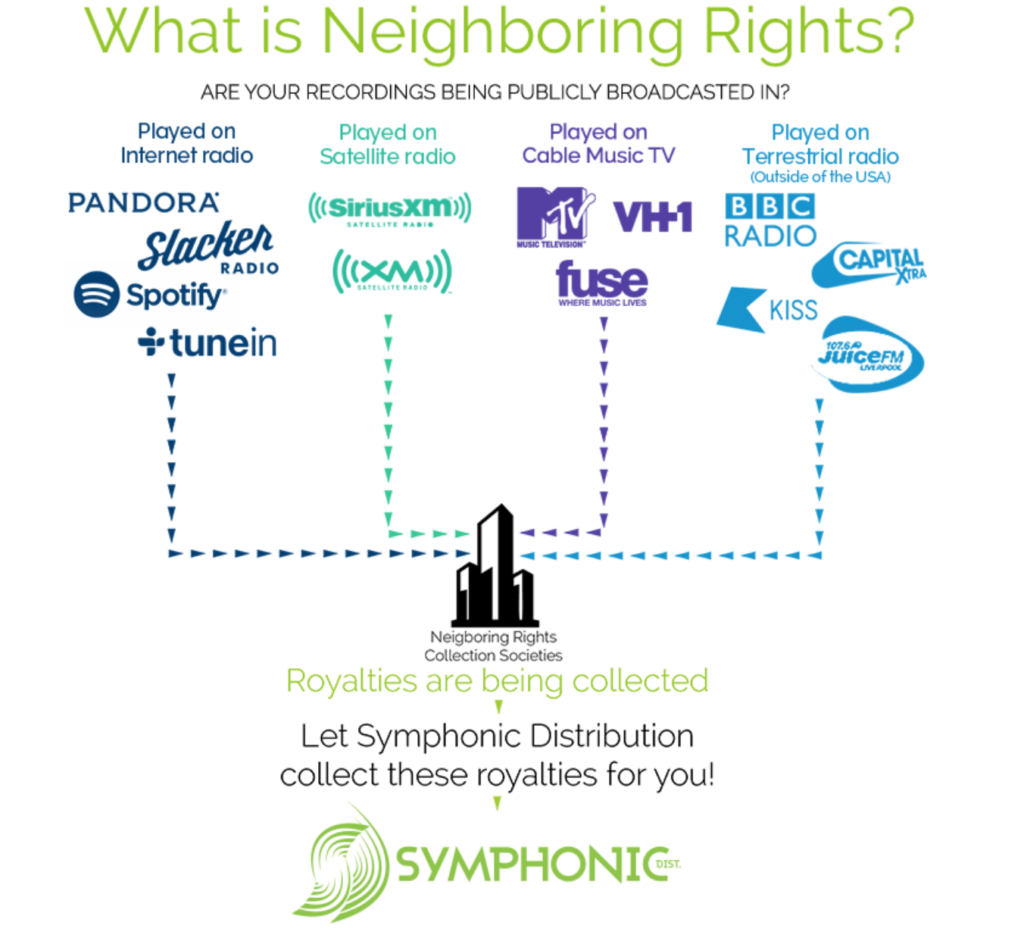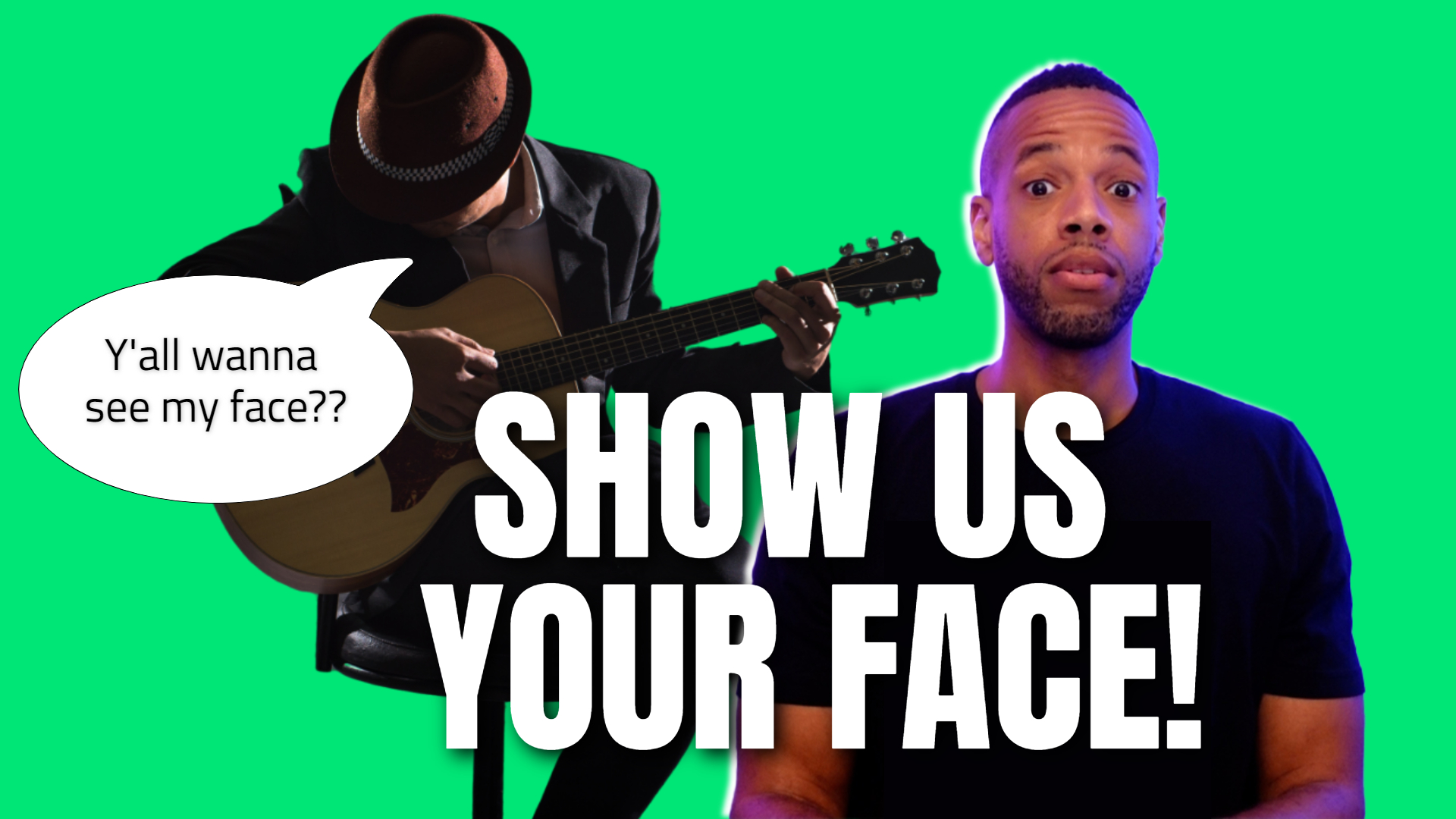What Are Neighboring Rights And How Do Musicians Collect Them?

*This article may contain links to affiliate products & services. We have reviewed these services to try and ensure the highest quality recommendations*
Written by Jaron Lewis
If you spend any amount of time in the music world, you will have discovered that the question of royalties and ownership can be a difficult one; it is not as simple as a person writing a song, then selling it to the public and collecting a specific amount of cash for that song. The song will continue to be played, and therefore the artist can continue to benefit from it.
Usually this is done through downloads or CD purchases, but there is another revenue stream as well. Neighboring rights is a term which refers to royalties paid out to musicians and sound recording owners whenever a track is broadcast in public.
Neighboring Rights Collections Agency
For example, when you are in your car and the newest top song comes on the radio, the radio station will usually be paying the artist and the record label royalties. This makes sense; they own the music, and the radio station is getting more listeners by playing that popular song, so the artist and owners benefit. However, sometimes it can be difficult for artists to keep track of who is playing their songs, how often, and whether they are owed royalties.
This is where neighboring rights collecting societies come into play; radio stations and other media report a log of their played songs to the society. The society then checks this against the tracks they have registered, and will pay the royalties out to the appropriate party.

It Is Difficult In The U.S.
However, there is an added complexity to this arrangement; the USA does not recognize neighboring rights by law, so collecting them can be more difficult. However, a quick Google search of ‘does soundexchange collect neighboring rights’ will show you that there are organizations working to combat this problem.
Soundexchange neighboring rights collect royalties on streamed songs on behalf of the artists, although they call it ‘digital performance royalties,’ rather than neighboring rights. It can only be collected from digital radios, online streaming, etc., meaning that music being played in bars and cafes is still exempt from paying royalties.
There is a similar arrangement in the UK, with Kobalt neighboring rights being a subsidiary of the overall Kobalt company. Kobalt explain the concept of neighbor rights and why it is important for countries to come to agreements about them; many US artists cannot claim neighboring rights even in countries which pay them, because the USA does not. This makes for a very complicated legal situation, and leaves US artists and record labels unable to benefit from platforms which are using their music to make money.
Wrapping Up
Collecting neighboring rights can be difficult, and they are a surprisingly complicated concept, particularly when looked at on a global level. However, they provide valuable income for the artists and record labels, and should not be dismissed as a revenue stream.
Just as films and other media are protected from being shown in public without permission and without royalties, musicians have a right to protect and profit from their music.
When your song is ready to go, it's time to start promoting it to potential fans! Omari has the best organic promotion services money can buy. With packages for Spotify, TikTok, Instagram, and YouTube, we will get your music the traffic and attention it deserves! Click below for more information.
SPEAK YOUR MIND
How This INDIE Artist Got Over 67,598,275 Streams On ONE Song
Join the No-Nonsense Music Marketing Newsletter to get the most valuable weekly case studies and strategies to grow your music business!




